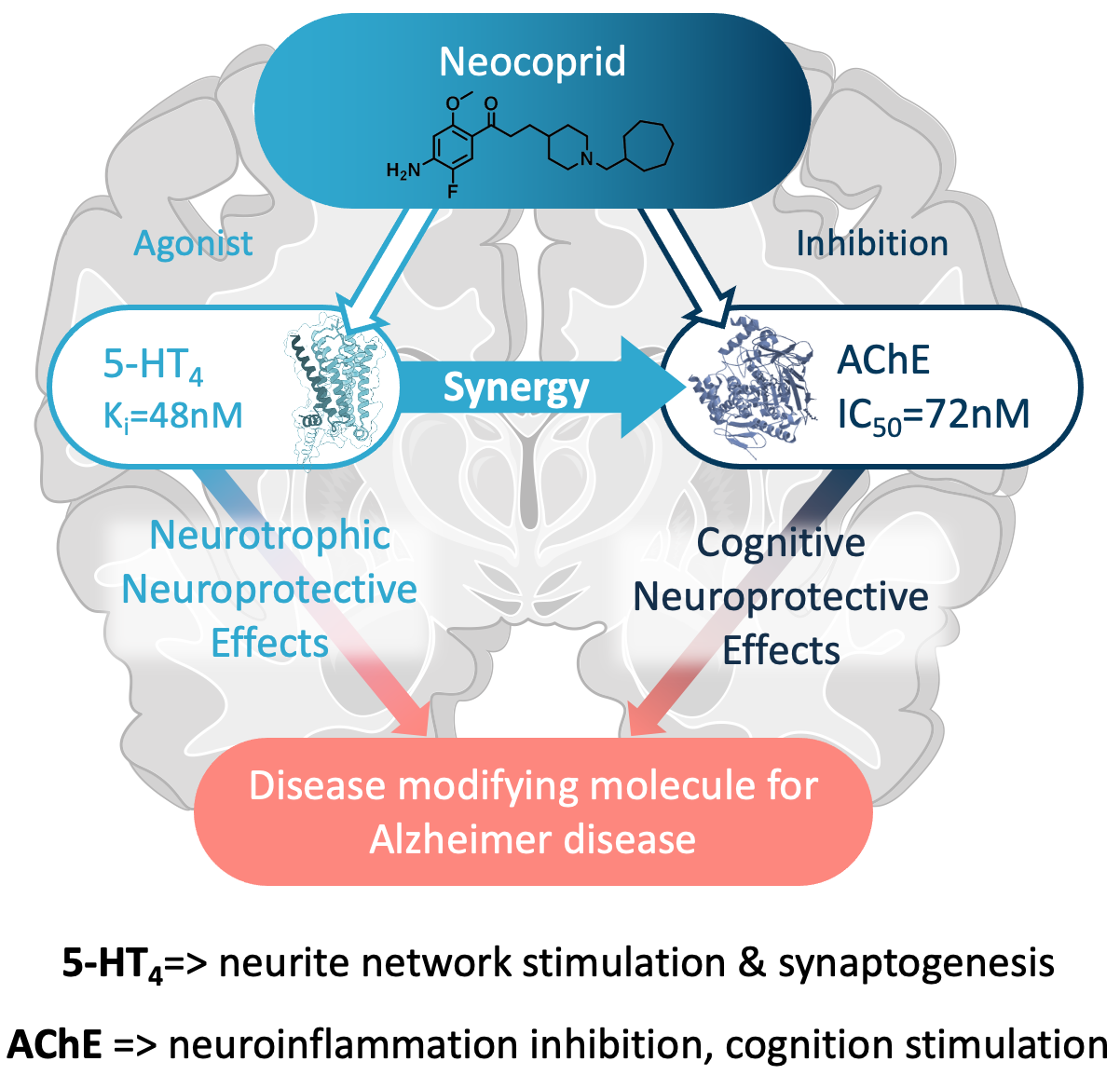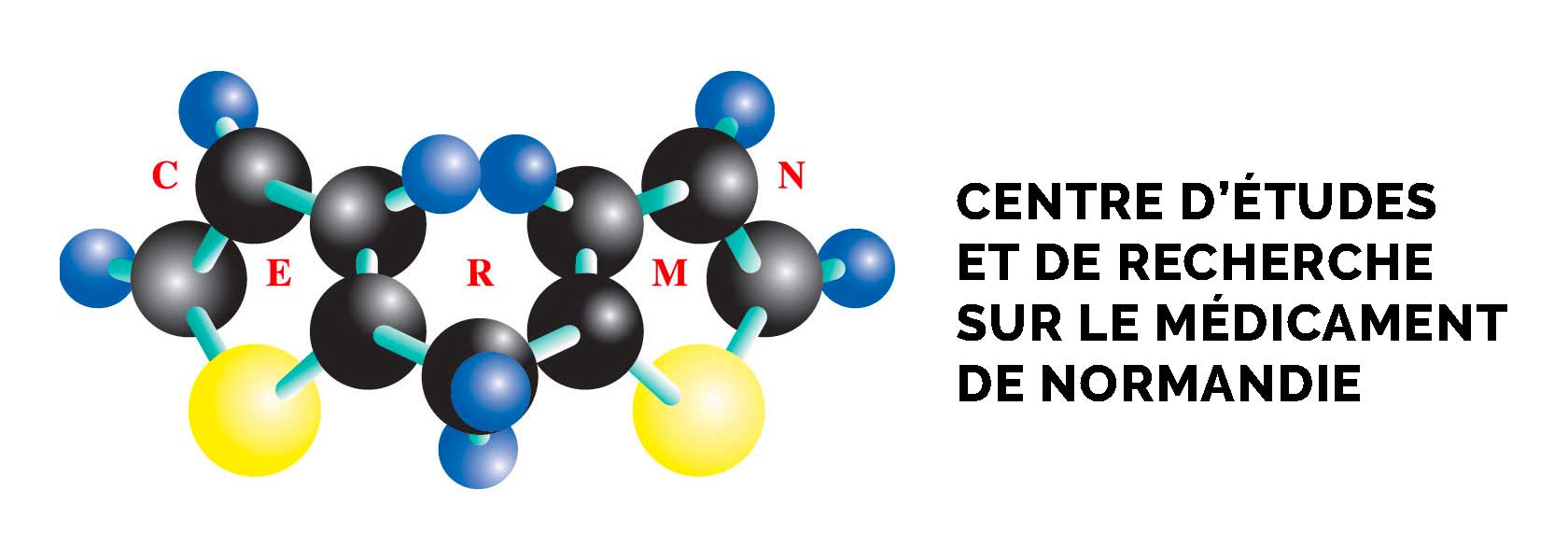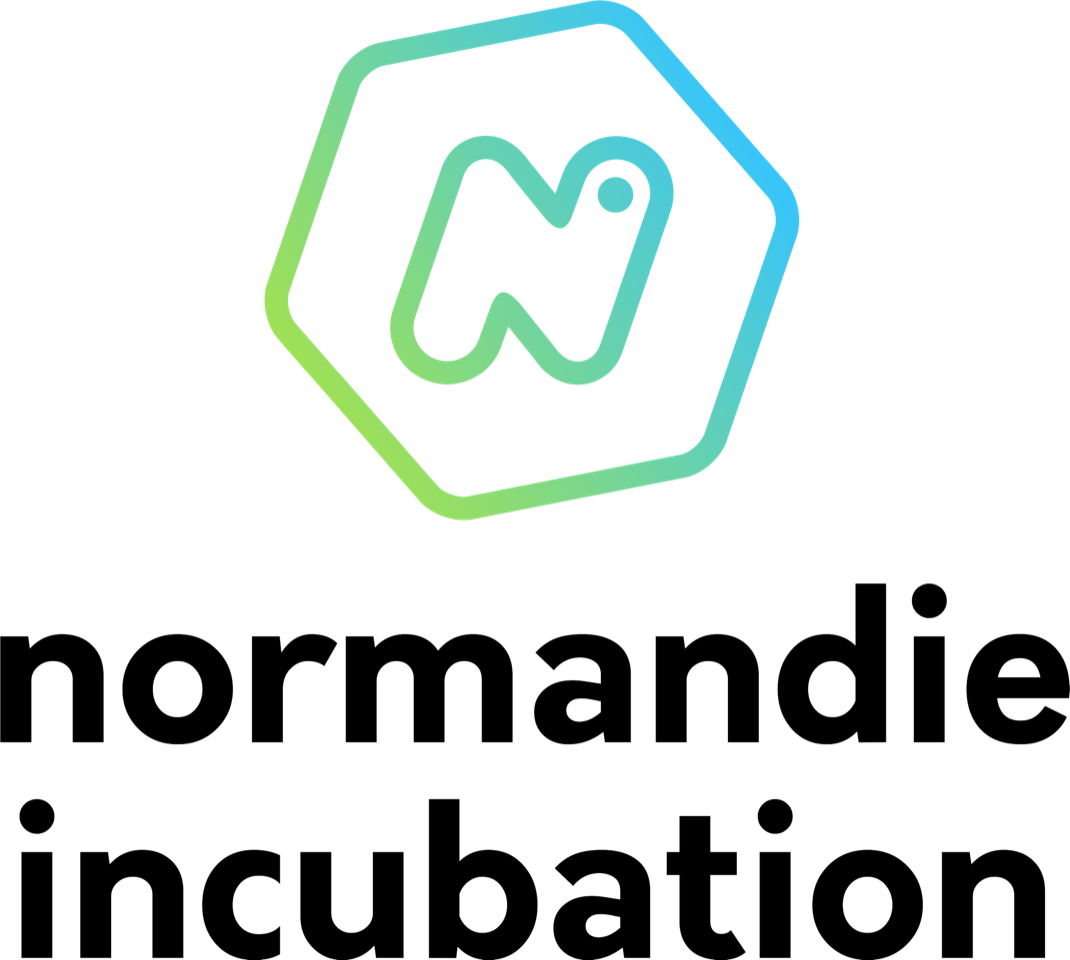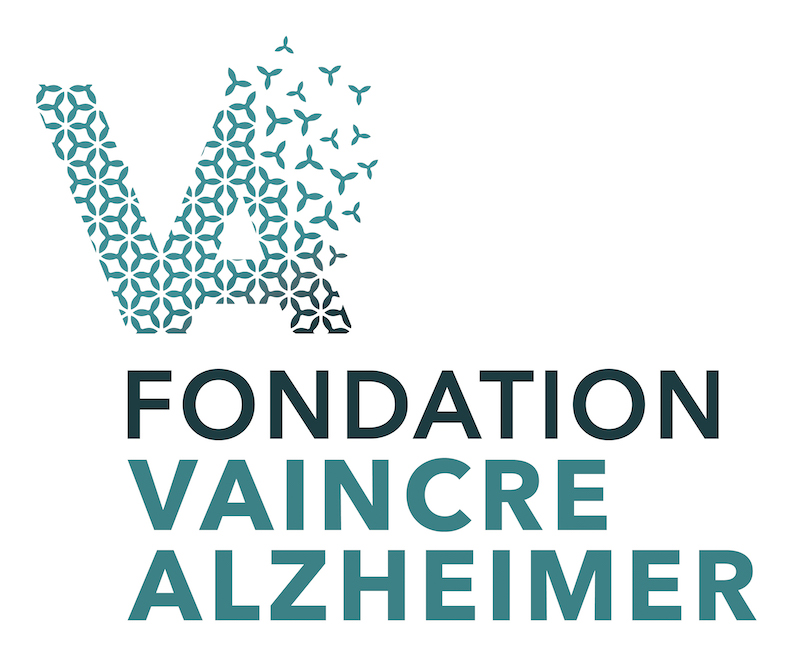MEDICATION
Neocoprid
Activation of serotonergic receptor subtype 4 (5-HT4R)
Serotonin is a neurotransmitter involved in many physiological processes such as the regulation of sleep, appetite and mood. Abnormally low levels of serotonin are often associated with depression.
Studies have shown that a drop in central serotonin levels is a sign of Alzheimer’s disease or severe cognitive decline. Among the 7 different subtypes of serotonin receptors, the serotonin receptor type 4 (5-HT4R), has attracted considerable attention as a prime therapeutic target in the treatment of memory and cognitive disorders. learning in the context of Alzheimer’s disease.
In addition to its effect on memory properties, its activation also brings neuroplasticity processes into play and thus recreates connections in areas impacted by the disease.
Acetylcholinesterase (AChE) inhibition
Acetylcholine allows the transmission of nerve impulses between neurons. People with Alzheimer’s disease have lower amounts of acetylcholine in their brains because the destruction of their nerve cells reduces the production of this neurotransmitter. Acetylcholinesterase inhibitors (donepezil, rivastigmine, galantamine) increase brain concentrations of acetylcholine.
AChE inhibitors make acetylcholine more available in the synaptic cleft by delaying its degradation. The action on the levels of this neurotransmitter makes it possible to reduce the symptoms linked to this disease such as certain motor or cognitive problems.
Thus, the preclinical candidate donecoprid promoted by RonomA is the first MTDL capable of demonstrating the inhibition of AChE and the activation of serotonin receptors subtype 4 (5-HT4R).

Validation of therapeutic targets and discovery of the first hits
Discovery of Donecoprid
Optimization of leads using Donécoprid
Selection of preclinical candidates
Validation of Neocoprid and start of preclinical trials

In June 2023 RonomA is created to continue development on Neocoprid










